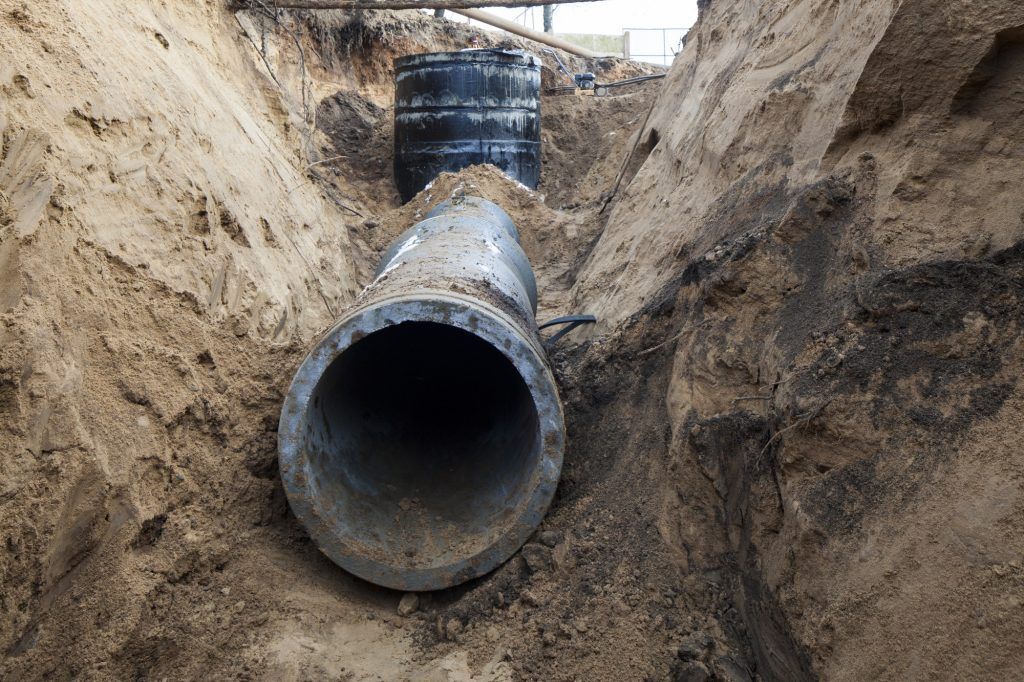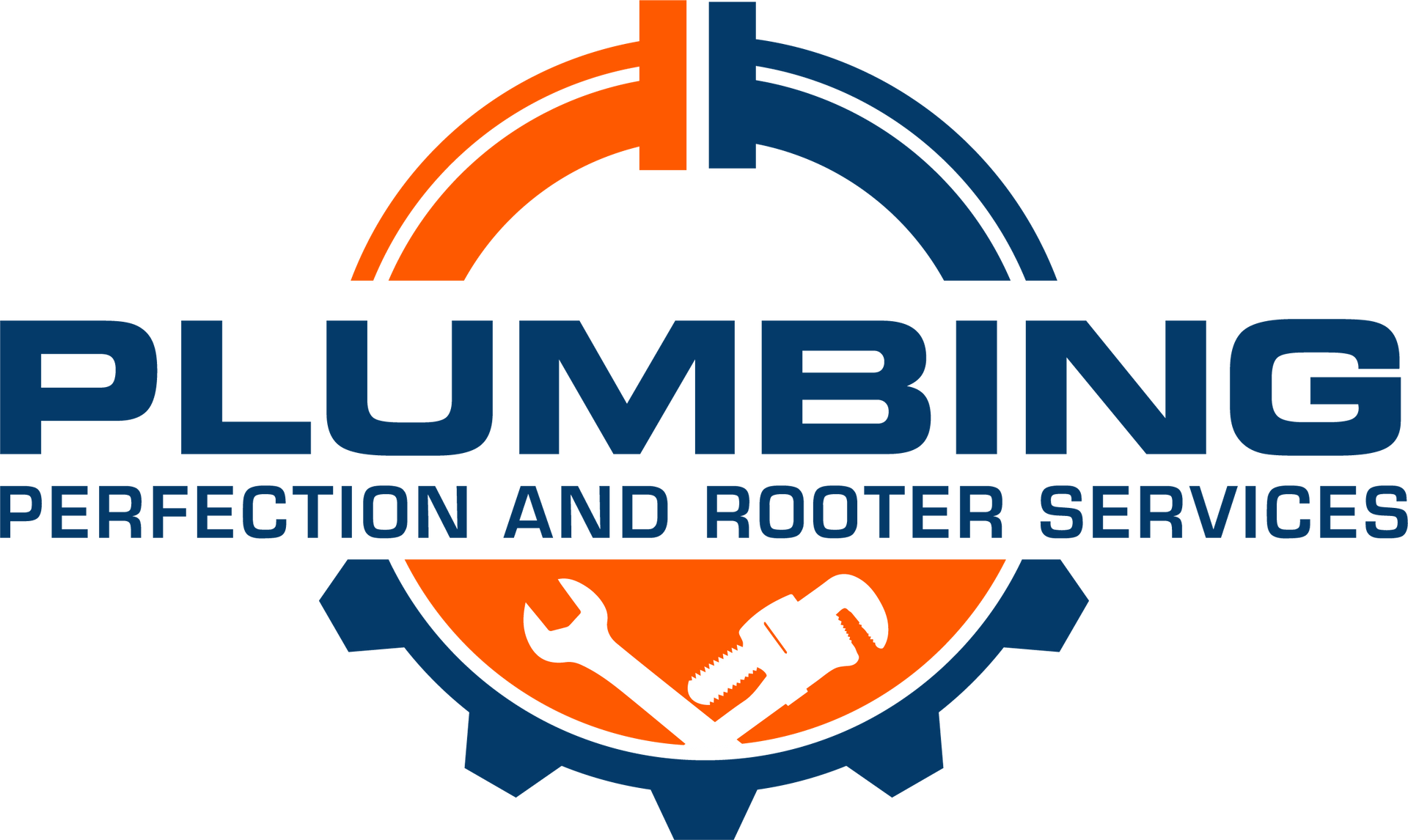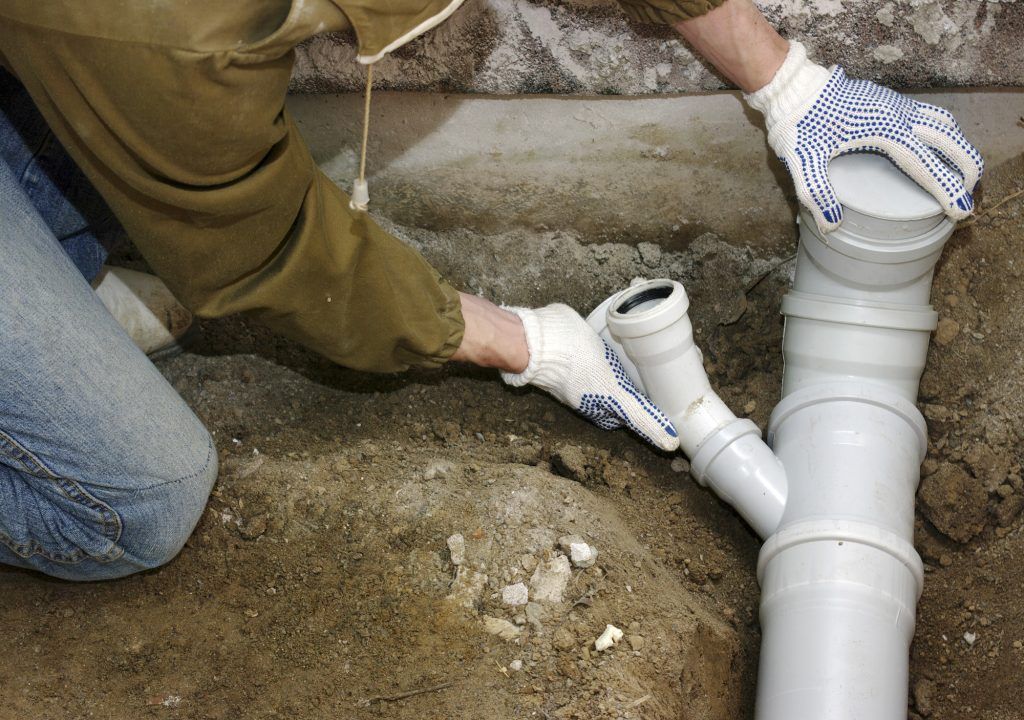
Sewer problems are not only unpleasant, but they can also pose a serious health risk and damage your property. If you notice any signs of sewer issues, such as foul smells, slow drains, sewage backups, or wet spots in your yard, you should contact a professional plumber as soon as possible. In this article, we will discuss four common types of sewer problems, their causes, and how to fix them.
Key Takeaways
- Drain cleaning is an essential part of home maintenance that can prevent clogs, odors, and plumbing problems.
- You can use natural methods like boiling water, baking soda, and vinegar to flush your drains regularly and keep them clear.
- Avoid putting grease, coffee grounds, eggshells, and other items that can cause clogs down your drains.
- Use a plunger, a snake, or an auger to remove minor clogs by yourself, but call a professional plumber for major or recurring issues.
- Check your drain pipes and vents for leaks, cracks, or blockages that can affect the drainage system and cause water damage.
Drain cleaning may not be the most glamorous aspect of homeownership, but it is a vital one. Keeping your drains clean and clear can help you avoid many common plumbing problems, such as clogs, backups, leaks, odors, and even health hazards.
If you are a new homeowner, you may not be familiar with the best practices for drain cleaning. That’s why we have compiled this list of five drain cleaning tips that will help you maintain your drainage system and prevent costly repairs.
Tip #1: Flush your drains with natural methods
One of the easiest and most effective ways to keep your drains clean is to flush them regularly with natural methods. This can help remove any buildup of grease, soap scum, hair, food particles, and other debris that can cause clogs and odors.
Here are some natural methods you can use to flush your drains:
Boiling water: Pour a large pot of boiling water down the drain slowly and carefully. This can help dissolve and dislodge any grease or fat that may have solidified in the pipes. Do this once a week for best results.
Baking soda and vinegar: Sprinkle half a cup of baking soda down the drain, followed by half a cup of white vinegar. Cover the drain with a plug or a cloth and let the mixture fizz for 15 minutes. Then flush the drain with hot water. This can help break down any organic matter and eliminate odors. Do this once a month for best results.
Dish soap and boiling water: Pour a generous amount of dish soap down the drain, followed by a pot of boiling water. This can help cut through any grease or oil that may have accumulated in the pipes. Do this once every few months for best results.
Tip #2: Avoid putting clog-causing items down your drains
Another important tip for drain cleaning is to avoid putting items that can cause clogs down your drains. Some of these items include:
- Grease, oil, or fat: These substances can harden and stick to the pipe walls, narrowing the passage and trapping other debris.
- Coffee grounds: These can clump together and form a sludge that can block the pipes.
- Eggshells: These have sharp edges that can catch on other items and grow into larger clogs.
- Hair: This can wrap around other objects and create a tangled mass that can obstruct the water flow.
- Paper products: These can swell up and create a plug that can prevent drainage.
- Food scraps: These can rot and produce unpleasant smells and attract pests.
To prevent these items from going down your drains, you should use drain strainers or covers to catch them before they enter the pipes. You should also dispose of them properly in the trash or compost bin.
Tip #3: Use tools to remove minor clogs by yourself
Sometimes, despite your best efforts, you may encounter minor clogs in your drains that slow down or stop the water flow. In these cases, you can try to remove them by yourself using some simple tools, such as:
- Plunger: This is a handy tool that can create suction and pressure to dislodge clogs in sinks, tubs, showers, and toilets. To use it effectively, fill the sink or tub with enough water to cover the plunger head. Place the plunger over the drain opening and push it up and down vigorously several times. Then pull it off quickly and see if the water drains. Repeat as needed until the clog is cleared.
- Snake: This is a flexible metal wire with a hook or coil at the end that can reach into the pipes and pull out clogs. To use it effectively, insert it into the drain opening and twist it as you push it further in. When you feel some resistance or hear a scraping sound, you have reached the clog. Pull it out slowly and carefully and dispose of the debris. Repeat as needed until the pipe is clear.
- Auger: This is similar to a snake but has a crank handle that allows you to rotate it more easily. It also has a drill bit at the end that can break through tougher clogs. To use it effectively, follow the same steps as using a snake but turn the crank handle as you push and pull the auger. Be careful not to damage the pipes with the drill bit.
Tip #4: Call a professional plumber for major or recurring issues
While you can handle minor clogs by yourself, there are some situations where you should call a professional plumber for drain cleaning. These include:
- Major clogs: These are clogs that are too deep, too large, or too stubborn to be removed by yourself. They may require special equipment or techniques that only a plumber can provide.
- Recurring clogs: These are clogs that keep coming back even after you have tried to clear them. They may indicate a more serious problem with your drainage system, such as a broken pipe, a collapsed sewer line, or a tree root intrusion.
- Multiple clogs: These are clogs that affect more than one drain in your home. They may indicate a problem with the main sewer line that connects your home to the municipal sewer system.
- Sewage backup: This is when sewage or wastewater comes back up through your drains. This is a health and safety hazard that requires immediate attention from a plumber.
If you experience any of these issues, you should not attempt to fix them by yourself. Instead, you should contact a licensed and insured plumber who can inspect, diagnose, and repair your drainage system safely and efficiently.
Conclusion
Drain cleaning is an essential part of home maintenance that can save you time, money, and hassle in the long run. By following these five tips, you can keep your drains clean and clear and prevent clogs, odors, and plumbing problems. However, if you encounter any major or recurring issues with your drainage system, you should always call a professional plumber for help.
We hope this article has been helpful and informative for you. If you need any plumbing services in your area, please contact us today. We are a licensed and insured plumbing company that can handle any drain cleaning job with skill and care. We offer free estimates, 24/7 emergency service, and 100% satisfaction guarantee. Call us now and let us take care of your plumbing needs.
OUR RECENT POSTS:

QUICK LINKS
OUR SERVICES
CONTACT DETAILS
Phone Number:
Email Address:
Service Area:
Los Angeles and Orange County, California
Business Hours:
Mon-Fri: Open 24 Hours


